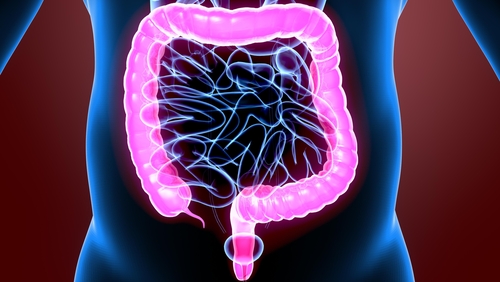The National Institutes of Health (NIH) awarded $10 million to a team of researchers in gastroenterology at Cedars-Sinai Medical Center in Los Angeles to conclude an ongoing research study investigating the genetic and immunological causes of inflammatory bowel disease (IBD).
“This is the longest IBD study of its kind funded by the NIH and the first to explore the genetic makeup of the disease,” Stephan R. Targan, MD, director of the F. Widjaja Foundation Inflammatory Bowel and Immunobiology Research Institute at Cedars-Sinai, said in a news release.
“Since 1992, we’ve taken an integrative approach — bringing several areas of science together — to demonstrate that this challenging disease is in fact comprised of several forms of the disease, each with a different biology,” said Targan, the study’s lead researcher.
An individual diagnostic approach to IBD helps doctors prescribe the most effective treatments available, tailored to each patient’s specific biological makeup.
“Using molecular signatures to identify subgroups of IBD — and taking into account a patient’s disease severity and response to treatment — is all about getting the right therapy to the right patient at the right time,” said Dermot McGovern, MD, PhD, professor of Medicine and Biomedical Sciences and director of Cedars-Sinai Precision Health.
“Work from this project is making very significant contributions to helping patients around the world. These approaches to diagnosis and treatment should be available to all sections of society, and we have been working hard to achieve those goals,” said McGovern, who served as the principal investigator for the first project in the study.
David Underhill, PhD, a professor of biomedical sciences and who serves as the Janis and William Wetsman Family Chair in inflammatory bowel disease at Cedars-Sinai, has been actively working on researching the relationship between the immune system and fungal communities in the digestive tract, and its impact on IBD.
“Examining IBD through all these various genetic and biological lenses is pointing the way to novel therapeutic approaches that could finally bring relief and healing to many patients,” Targan said.
IBD involves chronic inflammation of all or part of the digestive tract. The two major types of IBD are ulcerative colitis (UC), which is limited to the colon, and Crohn’s disease (CD), which can affect any segment of the gastrointestinal tract from the mouth to the anus.
Both conditions typically cause severe diarrhea, pain, fatigue and weight loss. IBD can be debilitating and sometimes lead to life-threatening complications, and cause damages to the digestive tract. IBD affects patients in a variety of ways, leading to chronic physical, psychological and emotional problems.

